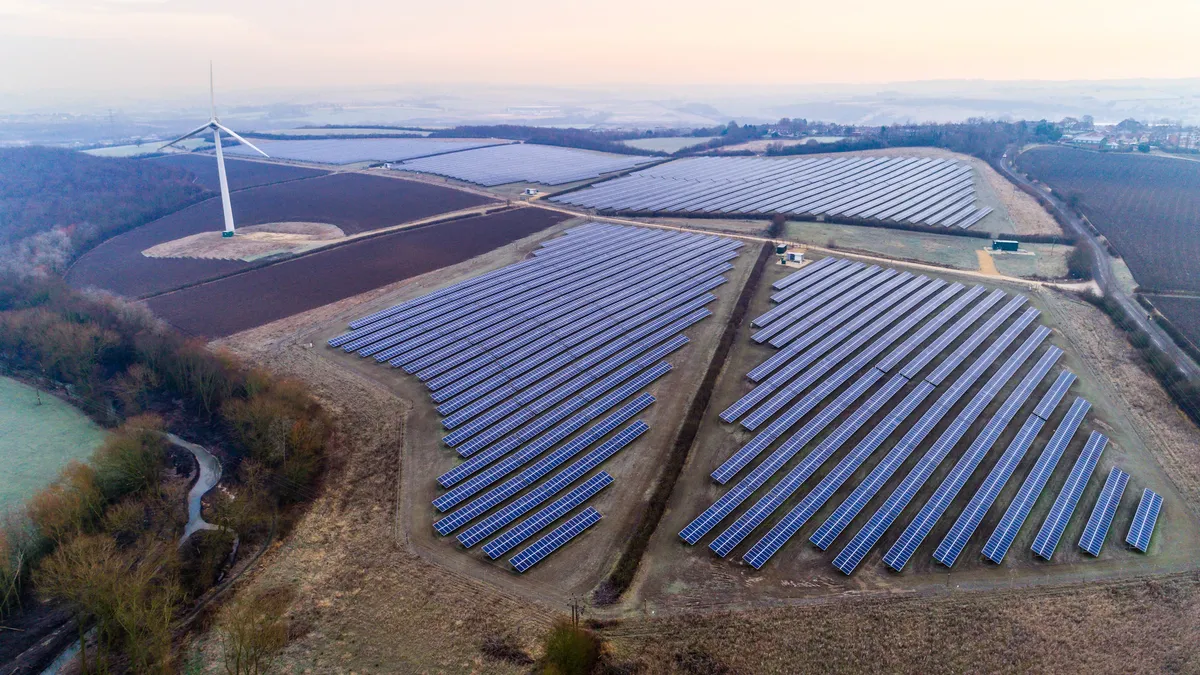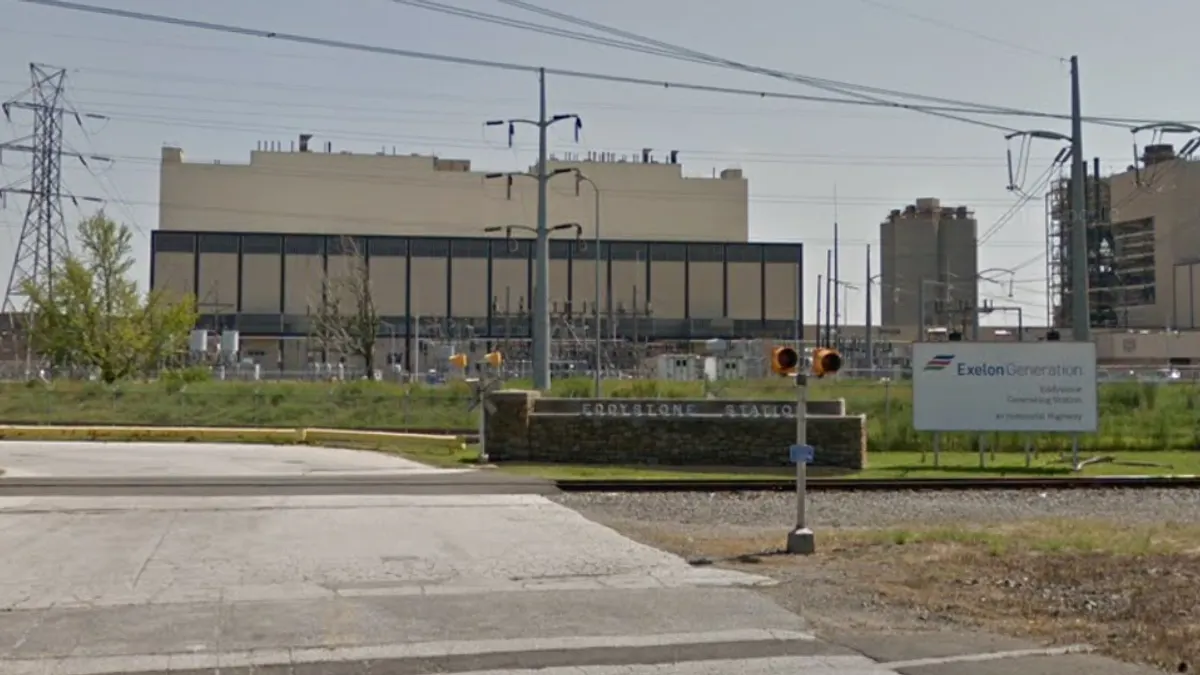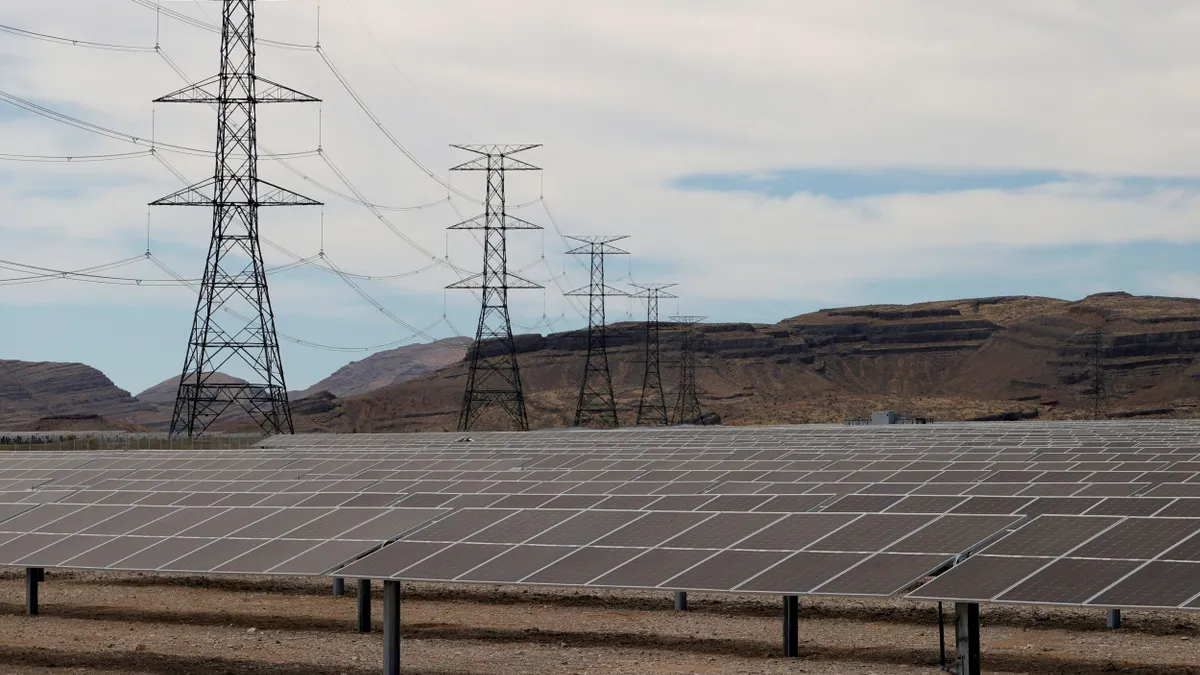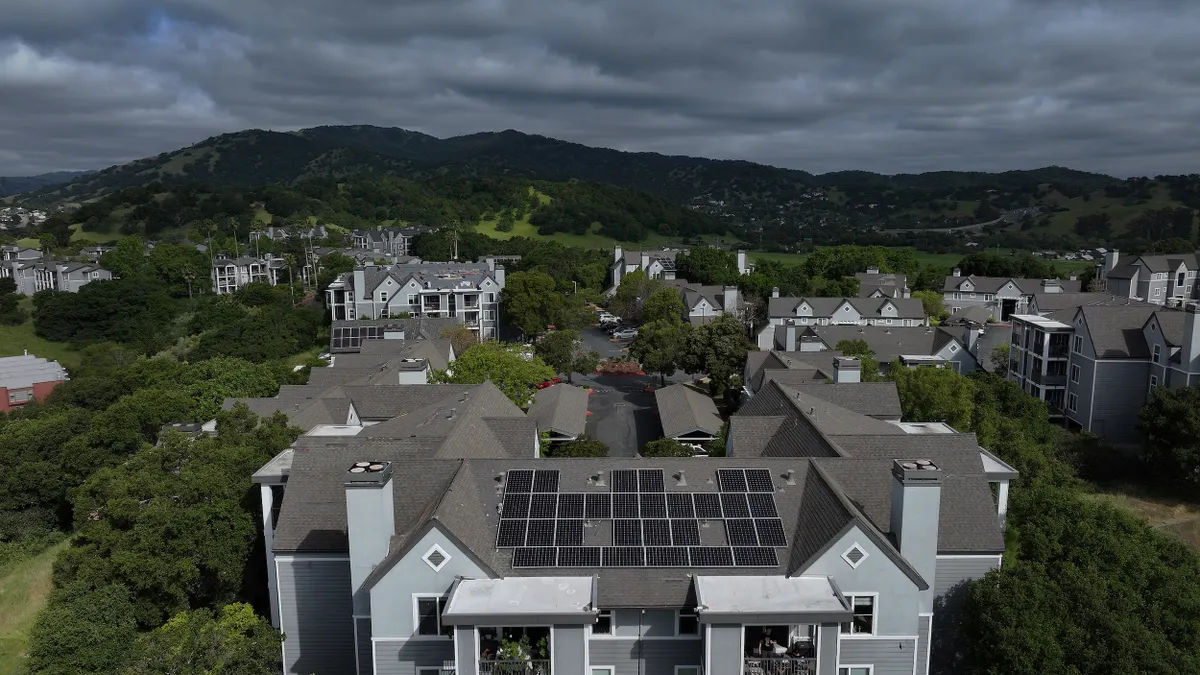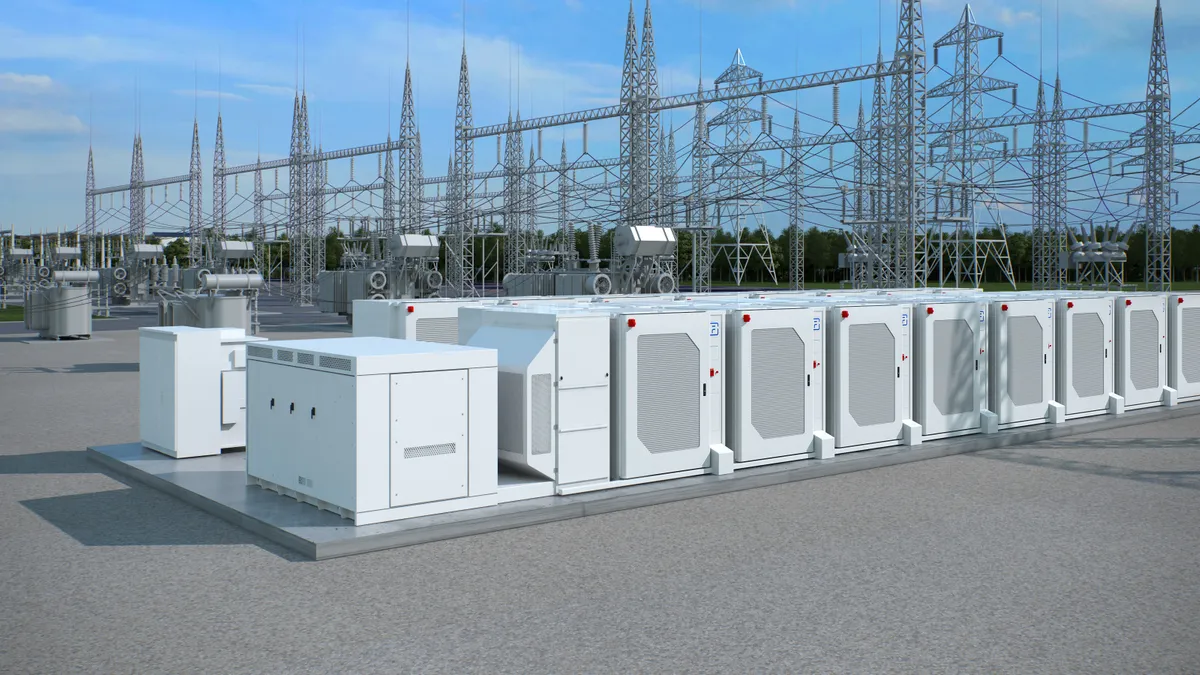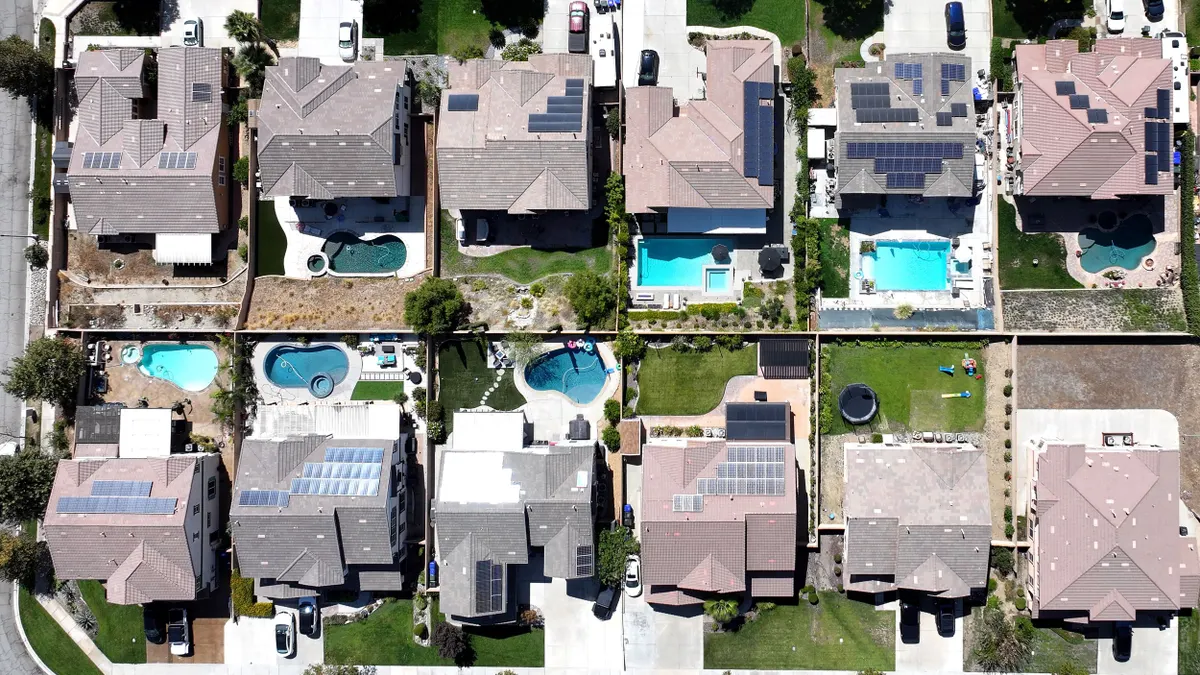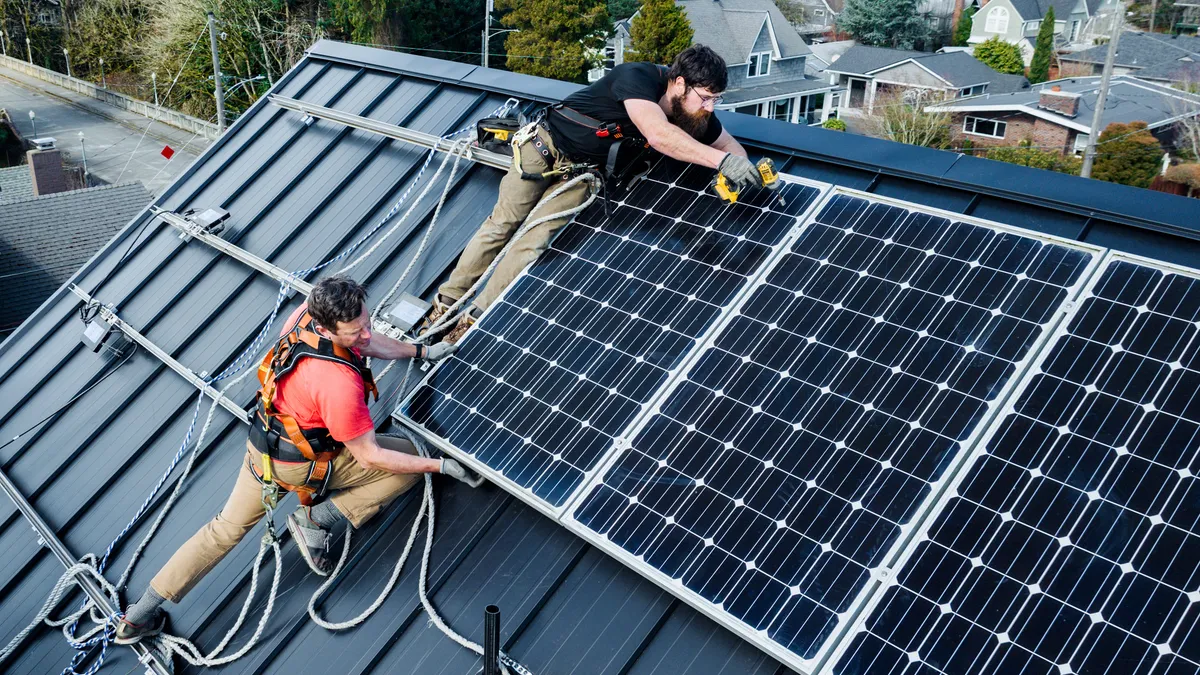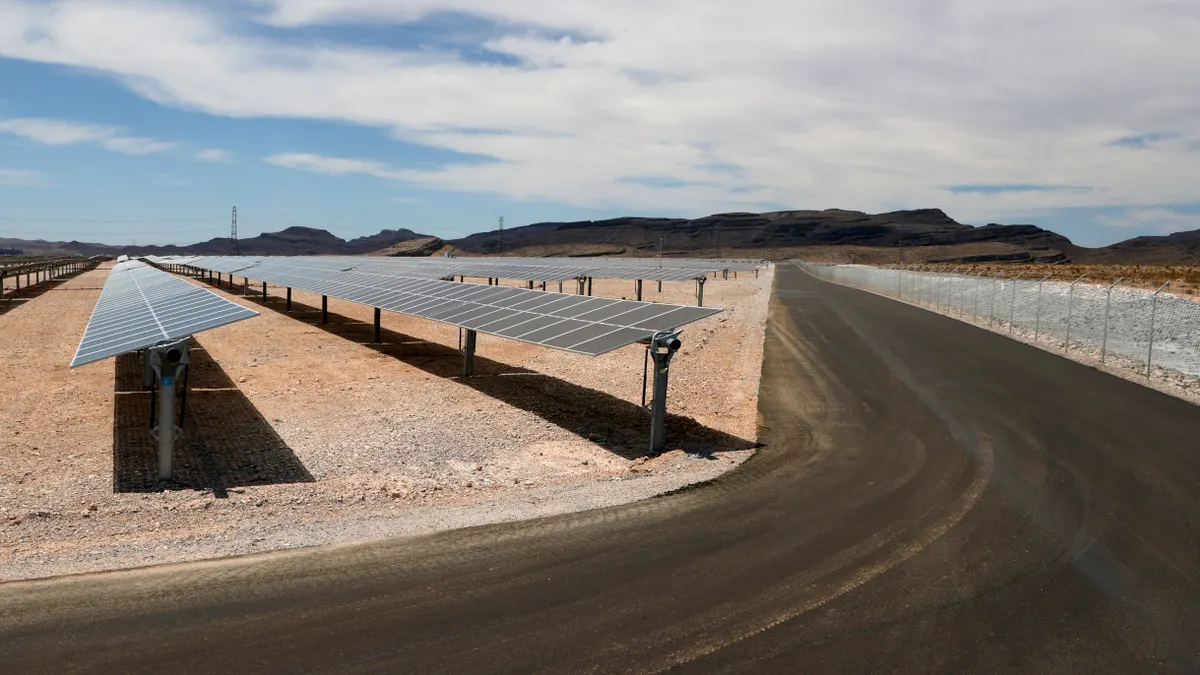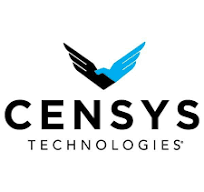Cleantech merger and acquisition activity is expected to increase in the next two years, driven by environmental, social and governance investing and federal funding, according to consulting firm West Monroe.
“There is every expectation that cleantech will flourish in the next 24 months, spurred by increasing levels of capital allocation and supportive long-horizon policymaking,” West Monroe said in Preparing for the Next Wave of Cleantech Investment, a report released Thursday.
The report was based on a survey of 200 senior executives in the energy sector, with half from private equity firms and half at corporations in North America and Europe.
Generally, investors are targeting the most mature part of the cleantech sector: renewable energy, according to the report.
“We find that investors are prioritizing production over infrastructure and storage, while auxiliary products and services such as optimization software trail far behind, indicating a preference for capital allocation at the top of the value chain into proven assets,” West Monroe said.
Nearly a third of respondents said their most recent cleantech deal was in the renewable energy space, with 44% of them related to solar power and 36% wind, according to the report.
About 18% of respondents said their most recent transaction involved infrastructure and storage, mostly transmission and distribution assets, followed by waste and wastewater and then by cleantech software at 8%. The software investments focused on carbon management and decarbonization software, demand response and energy controls and distributed energy resource management systems, or DERMS.
“These findings suggest that, while financial investors and corporates are exploring innovative solutions such as software and DERMS to address the challenges of decarbonizing the energy sector, they are predominantly interested in mature, proven technologies, which for the most part are likely to offer established and more predictable cash flows,” West Monroe said.
Looking ahead, two-thirds of respondents expect to make one to two cleantech acquisitions in the next two years, and one-third anticipates making three to four deals, according to the report. Renewable energy remains the most appealing sub-sector for potential deals, the report said.
Based on the survey results, energy infrastructure and storage are expected to be the second most popular subsector. Some 18% of respondents selected the sector as their first-choice for their next investment and 17% said it was their second choice.
Investors are also targeting air quality and carbon capture, a largely overlooked subsector, the survey found. Respondents selected the subsector with 17% and 10% of first- and second-choice votes, respectively, the report said.
Nearly three-quarters of respondents targeting U.S. states said Texas was their first choice for investments, followed by California at 42% and New York at 33%, according to the report.
U.S. dealmakers stand to benefit from the Inflation Reduction Act’s roughly $369 billion for energy security and climate change and the “healthy” share of the $550 billion Infrastructure Investment and Jobs Act that is earmarked for clean energy, power and transport, and energy efficiency, the report said.
However, the most important driver of increased investment in clean energy is the amount of ESG-related funds ready for deployment, with 33% of respondents ranking this as the most important driver and 16% ranking it in second place, the report said.
ESG is an “unstoppable long-term trend,” according to the report.
A BlackRock survey found that, on a global basis, investors plan to more than double their sustainability-related assets under management from 18% in 2020 to 37% by 2025. “Much of this wall of capital will be sunk into cleantech,” West Monroe said.
Although financing has become more challenging because of tightening liquidity, access to funding for clean energy investment is expected to become easier, spurring greater capital spending and mergers and acquisitions, according to the report.



